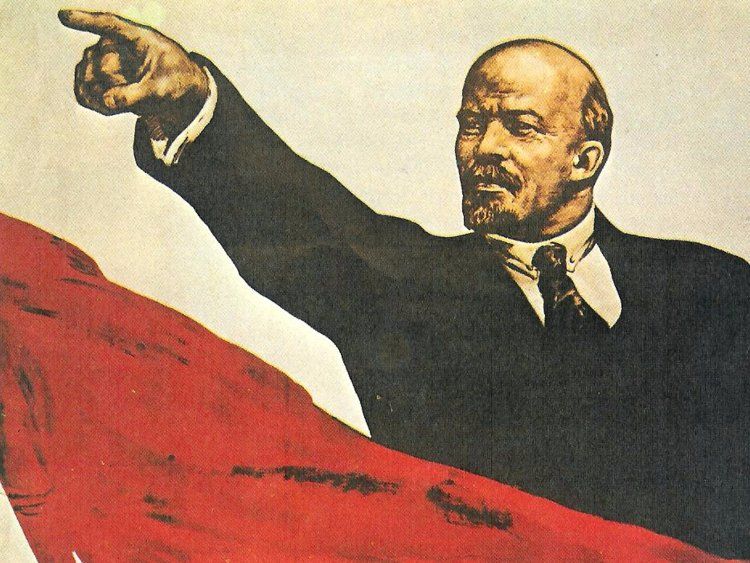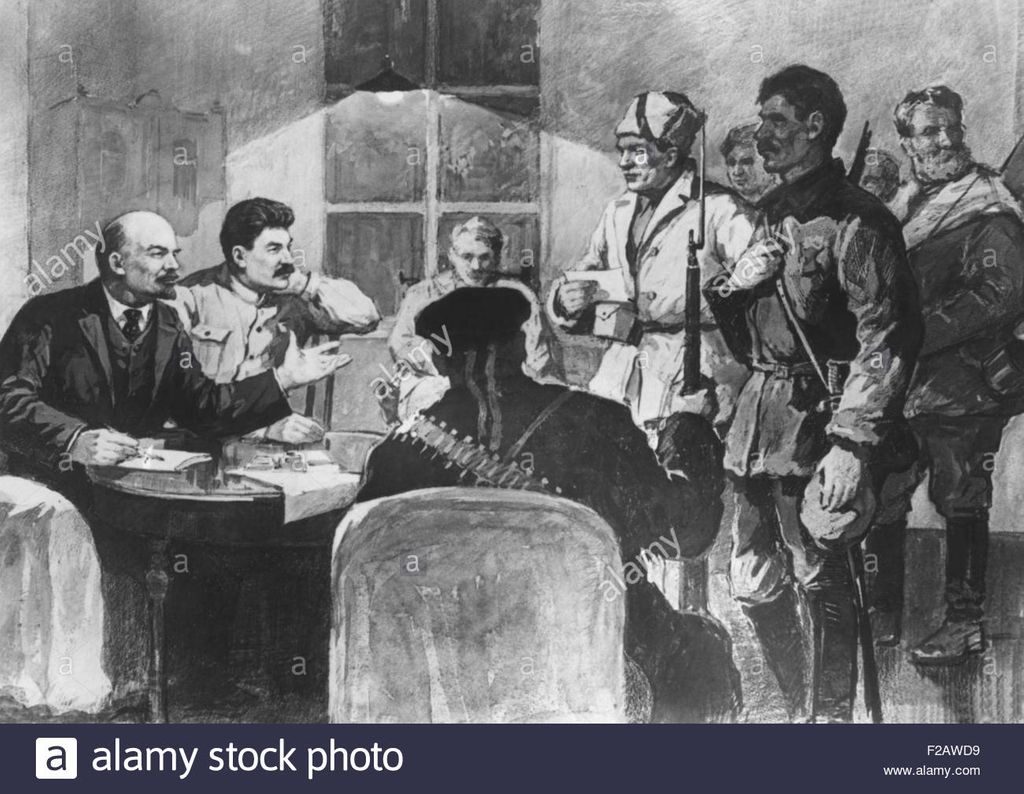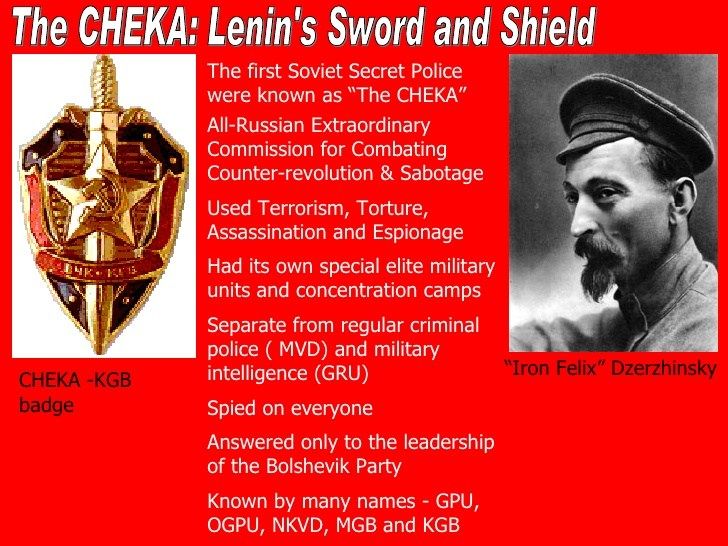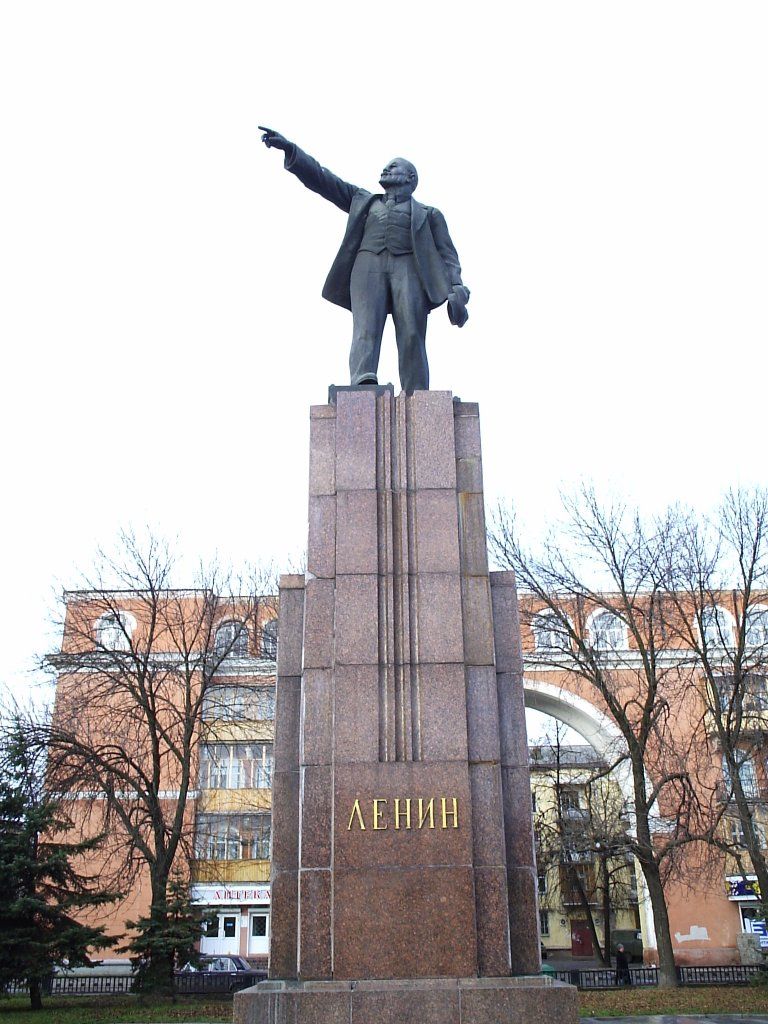Facts You Did Not Know About Lenin
Mar 24, 2019 • 16 views

“Without a revolutionary theory, there cannot be any revolution”, said Vladimir Lenin, a Russian communist revolutionary whose Bolshevik Party played a crucial role in the Russian Revolution of 1917. This prominent political event of the 20th century marked the end of the oppressive Romanov dynasty and thus, centuries of Imperial rule in Russia. This Party later became the Communist Party, making Lenin the head of the Soviet Union, the world’s first communist state.
Born in Ulyanovsk, Russia, into a middle class, well-educated family in 1870, Vladimir Ilich Ulyanov excelled at the school and went on to study law. The execution of his elder brother on the charge of plotting to assassinate Czar Alexander III shook young Vladimir to the core. He was expelled from Kazan Imperial University for taking part in an illegal student protest. During his college days, he was deeply influenced by the writings of Karl Marx which later shaped his political views which became the tenants of the Communist Party. He declared himself a Marxist in 1889 and was often arrested for engaging in Marxist activities and was once exiled to Siberia. He later moved to Germany and then Switzerland where he adopted a pseudonym “Lenin” and laid out the founding pillars of the Bolshevik Party.

As a result of Russia's entry into WWI, there was an acute food shortage across Russia. By the time Lenin returned home, the Russian Revolution had already begun. Strikes over food shortages in March 1917, forced the abdication of the ruler Czar Nicholas II. This ended the Imperial Rule and Russia went into the control of a Provisional Government which was against violent social reforms and was supportive of Russia’s involvement in the WWI. Lenin advocated for direct rule by the workers and the peasants unlike the Provisional Government which he labelled as "the dictatorship of the bourgeoisie". He organized the workers, peasants and the soldiers into a volunteer Paramilitary force known as the "Red Guards". On 7th and 8th November 1917, Red Guards captured the Government's buildings in a bloodless fight. The Bolshevik Party seized the power, making Lenin, the leader of Russia.

The taking over of the Bolshevik Party plunged Russia into a three-year civil war against the capitalists and the monarchists who expropriated the workers from their produce and their means of subsistence. Lenin created the “Cheka”, Russia’s first Secret Police, which he used to silence his political opposition. Lenin nationalized all manufacturing and industry throughout the country which he dubbed as “War Communism”, to counter the capitalists which eventually backfired as both industrial and agricultural output plummeted. Mass unrest forced Lenin to come up with the New Economic Policy. It envisioned to create a free market and thus making room for capitalism, although subjected to state control. Lenin's Red Guards eventually won the Civil War. In 1922, the Union of Soviet Republics (USSR) was formed as a result of a treaty between Russia, Ukraine, Belarus, Georgia, Armenia and Azerbaijan.

Later, Lenin became the head of USSR , but his health was falling. He survived a series of strokes which compromised his ability to speak. He breathed his last on January 24th, 1924. The body of this great revolutionary was then embalmed and remains were displayed in Lenin’s tomb in Red Square.
